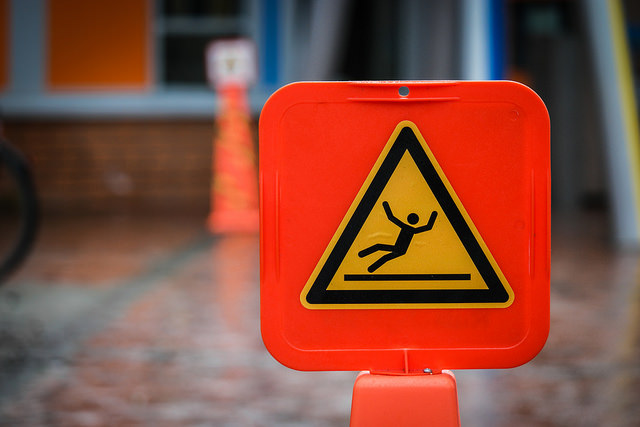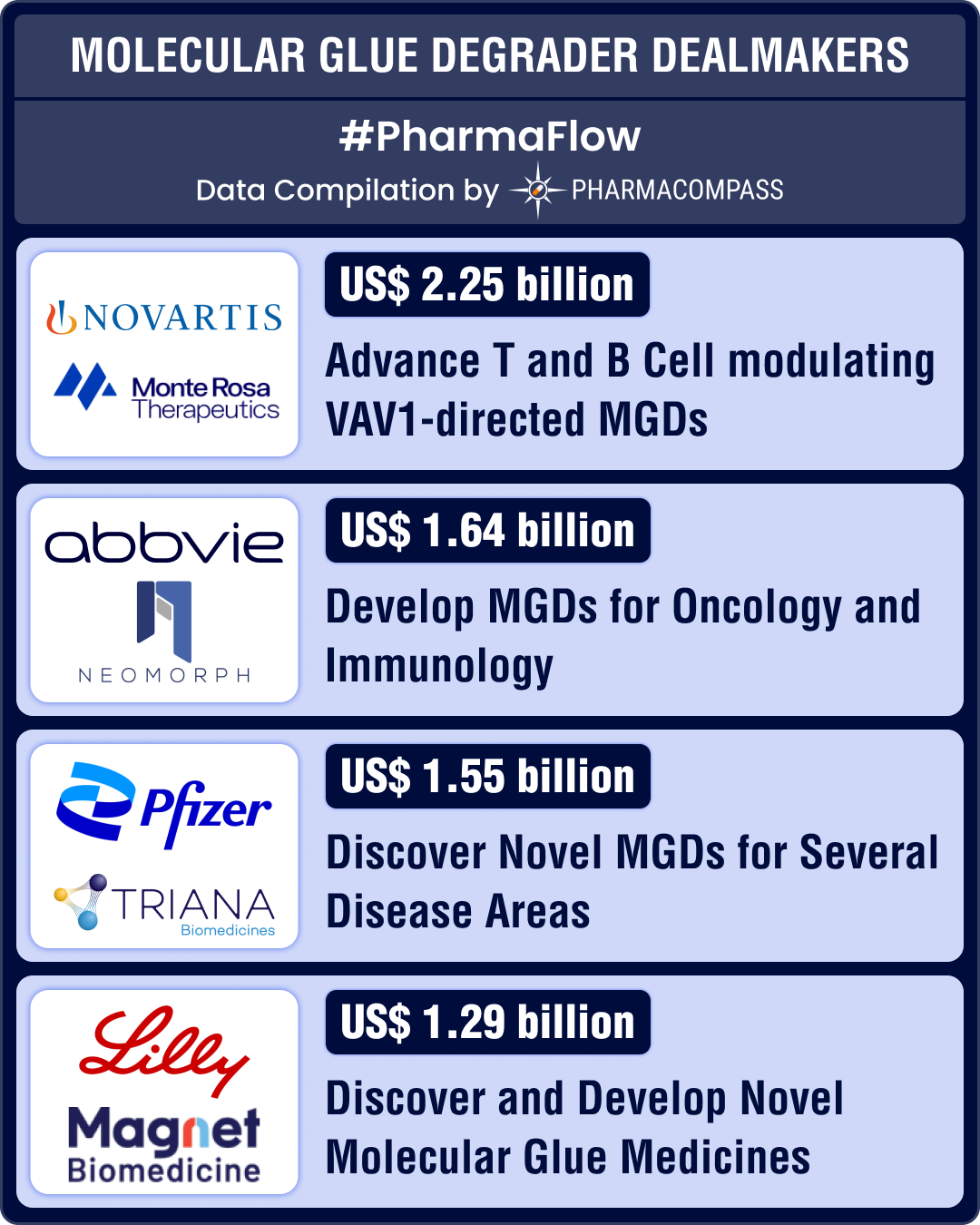
This week, Phispers has lots on generics. While the global leader Teva has more troubles at hand, generic players in the US face fresh lawsuits, and Sanofi plans to sell its European generic unit. There is also talk of Novartis buying America’s generic-drugs maker Amneal. In other news, oncologists find problem with clinical trials, and China shuts plants to curb pollution
Teva braces declining sales, lawsuits and closure of its Mexico plant
There is more bad news from Israel’s Teva Pharmaceutical Industries. First, its Rimsa plant in Mexico is said to be shut, and a lot of employees have been (reportedly) laid off. As per a news report, it’s difficult to make the Rimsa plant operational anytime soon.
Teva had invested US $ 2.3 billion in the facility. There are reports that the company may make a write-down on its investment in Rimsa. In September, the global leader in generics had claimed that the Espinosa brothers, who had controlled Rimsa until its sale to Teva, had deceived the regulatory authorities and patients for years and sold defective and illegal drugs.
Teva’s troubles don’t end there. The company is also setting aside US $ 520 million in its bid to settle allegations of paying bribes in Russia, Mexico and Ukraine. In its latest earnings report released Tuesday, Teva noted that “advanced discussions” are under way with the federal courts in the US to resolve the incidents, which took place between 2007 and 2013.
Teva has completed 12 acquisitions worth US $ 46 billion in the last four years. Teva’s blockbuster Copaxone, which brings in 19 percent of its overall sales, has lost several patent challenges in the US and is likely to face generic competition early next year, putting more than US $ 4 billion in sales at risk. Even without a generic competitor, sales declined 2.2 percent year-on-year in the third quarter this year.
To control
pollution, north China industrial hub curbs drug production
If you live in Delhi, and are coping with the hazardous pollution levels, here’s something that will interest you. A wide-ranging ban has been imposed in a northern Chinese industrial hub on production at drug plants, steel mills and other businesses.
This is a last-ditch attempt by the government of Shijiazhuang city to meet this year’s pollution control target — to reduce the levels of PM 2.5 (fine particles that pose a risk to human health) by 10 percent. Shijiazhuang is the capital of the northern Hebei province, which reported economic growth of 6.8 percent in the first three quarters of this year.
Last week, the government of Shijiazhuang city said for the remaining 45 days of the year, it will curb output at thermal power plants, halt all production at industries such as steel and cement, and limit manufacturing of pharmaceuticals, chemicals and even furniture.
In 2014, President Xi Jinping had responded to public outrage over high smog levels. As a result, local officials are trying hard to strike a balance between pollution control and economic growth.
Shijiazhuang is home to major active pharmaceutical ingredient (API) producers such as North China Pharmaceutical, CSPC Zhongnuo Pharmaceutical, CSPC Ouyi Pharmaceutical and many others. These companies are critical to the global antibiotic supply chain as they provide the building blocks for antibiotic manufacturing, such as 6-APA and 7-ACA, along with commonly used antibiotics such as Penicillin, Amoxicillin, Amipicillin and Azithromycin.
PharmaCompass has been routinely
covering the Chinese bulk drug industry and its impact on the environment. In April this year, PharmaCompass
had reported how school children in China were wearing gas masks due to pollution concerns. And prior to that, we had
carried an article on how dependent the world has become on bulk drugs from China.
More trouble for generic drug-makers in the US as unions file lawsuits
In a fresh salvo at the generic drug industry, a union representing sergeants of the New York Police Department is attempting to hit some companies with civil penalties. The generic industry is already facing charges from a two-year US Justice Department antitrust probe.
The union has filed two lawsuits against two groups of drug-makers, which includes Novartis AG’s generic drug unit, Ireland-based Perrigo Co., India’s Wockhardt and Taro Pharmaceutical Industries (Israeli subsidiary of India’s Sun Pharma). The union has alleged that the companies colluded to raise prices of two dermatological creams by as much as 1,000 percent since 2013.
Besides this, at least four other unions have filed lawsuits of their own, with two of them adding Actavis Inc., acquired in August by Teva, to the list of defendants. All the unions manage health benefits for their members. The unions say they overpaid for the drugs due to the price collusion. They point to data that the drug-makers took price hikes on certain medicines by nearly the same amounts within months of each other.
A lawyer for
the New York sergeants’ union said he expects a judge will call a conference in December
to decide if the cases can be combined.
Novartis may buy generic drug-maker Amneal for US $ 8 billion
Swiss healthcare major Novartis AG is in talks to acquire American generic-drugs maker Amneal Pharmaceuticals. Through this acquisition, Novartis plans to strengthen its Sandoz business. According to Bloomberg, Novartis and Amneal may reach an agreement soon. Amneal makes the antiviral acyclovir (to treat herpes) and gabapentin (for epilepsy and pain).The
acquisition could cost Novartis around US $ 8 billion. Amneal is a family-owned
business led by co-founders Chintu and Chirag Patel and has operations in North
America, Australia, Europe and Asia. Its portfolio of generic treatments
includes around 115 approved molecules in the US.
Sanofi to sell off European generic drug unit
French drug maker Sanofi confirmed it has decided to sell off its generic drug unit in Europe. The decision will affect two manufacturing plants in the Czech Republic and Romania.
Sanofi CEO Olivier Brandicourt recently informed investors that the company has “made a definitive decision to initiate a carve-out process and divest the generics portfolio in Europe.” The move is part of the company’s 2020 strategic roadmap. He, however, did not provide details.
Sanofi had acquired Zentiva, a Czech generic business, in 2008 for US $ 2.6 billion. And Sanofi’s generic business is centered around this acquisition. The business is particularly strong in the Czech Republic, Romania and Turkey.
On Monday, Zentiva Romania informed the Bucharest Stock Exchange that its majority shareholder Sanofi has decided to sell its Romanian generic drug plant as part of a major divestment plan of its EU generic drugs business.
A company spokesperson said the planned scope of the divestment is the generics business “related to Europe,” so it excludes Russia, the Commonwealth of Independent States (CIS) and Turkey. And it includes the two “dedicated manufacturing sites producing and distributing generics for the European market,” one in Prague (Czech Republic), and the other in Bucharest (Romania).
Former Valeant executives arrested for fraud
Last week, two former executives of Valeant Pharmaceuticals — Gary Tanner and Andrew Davenport, who had been the CEO of Philidor — were arrested on charges of running a fraud scheme that swindled millions of dollars out of Valeant. The fraud was allegedly conducted with the help of a mail-order pharmacy, that is now defunct.
According to Preet Bharara, US Attorney for the Southern District of New York, the arrests were part of an ongoing probe of the scheme.
The criminal complaint alleges that Tanner and Davenport conspired to enrich themselves with Valeant funds. The two helped Valeant set up Philidor in early 2013, which was primarily a vehicle to market and distribute Valeant drugs.
According to the complaint, Tanner focused on building Philidor’s business, resisted his superiors’ directives to line up other distributors for Valeant’s products and ultimately received a US $10 million kickback from Davenport.
The complaint alleges that in 2014, the two orchestrated Valeant’s agreement to buy an option to purchase Philidor, which cost Valeant at least US $ 133 million. More than US $ 40 million of that went to shell companies controlled by Davenport. One such shell company — called ‘End Game LP — gave a kickback of US $10 million to Tanner.
Homeopathy products in the US may carry caveats soon
In a report on homeopathic advertising, the Federal Trade Commission (FTC) in the US said that homeopathic drugs should “be held to the same truth-in-advertising standards as other products claiming health benefits.”
Only the US Food and Drug Administration (FDA) can prevent homeopathic marketers from selling their products. The FTC has no teeth in the matter.
But very soon, homeopathic products could include statements such as ‘there is no scientific evidence backing homeopathic health claims’ and ‘homeopathic claims are based only on theories from the 1700s that are not accepted by modern medical experts.’
However, this may not affect sales of homeopathic products. There are claims that such statements could backfire because homeopaths and those who believe in homoeopathy don’t trust modern medicine. They could also believe that if homeopathy has been around for that long, it must work.
This is not the first-time homeopathic medicines would carry caveats. In 1988, the FDA had struck a deal where it agreed that homeopaths could be self-regulating, if they include a disclaimer that their claims haven’t been evaluated by the FDA.
In February
this year, PharmaCompass had carried a news nugget on Professor
Paul Glasziou, a leading academic in evidence-based medicine at Bond
University, who had declared homeopathy as a “therapeutic dead-end”
after a systematic review concluded the controversial treatment was no more
effective than placebo drugs.
Cancer clinical trials exaggerate benefits of new drugs, say oncologists
Two cancer physicians argue that large clinical trials — required for approval of new cancer drugs in the US — often overstate the effectiveness of the treatment in the real world.
During cancer clinical trials, some volunteers take the experimental drug, while others receive standard care with existing drugs. The groups are then compared to see if their tumors have shrunk, how long it takes for the tumors to return, and how long do the patients survive. This way, the trial sees whether the experimental drug is safe and effective and can be sold to patients in the US.
The process is based on the premise that trials give an accurate indication of safety and efficacy among cancer patients in general, and not only those who are eligible for and selected for the trial.
The trouble is, participants in clinical trials are unlike the overall cancer population, point out oncologists Dr. Sham Mailankody of Memorial Sloan Kettering Cancer Center and Dr. Vinay Prasad of the Oregon Health and Science University in JAMA Oncology. They’re younger, healthier, wealthier, better plugged in to the healthcare system, and better educated.
According to these oncologists, if cancer patients are similar in age, socio-economic status, have presence of other (similar) illnesses, and other characteristics as those in a clinical trial, they might do as well. But for everyone else, the trial results probably promise more than the drug can deliver.
The PharmaCompass Newsletter – Sign Up, Stay Ahead
Feedback, help us to improve. Click here
Image Credit : Danger Zone by Alexander Svensson is licensed under CC BY 2.0
“ The article is based on the information available in public and which the author believes to be true. The author is not disseminating any information, which the author believes or knows, is confidential or in conflict with the privacy of any person. The views expressed or information supplied through this article is mere opinion and observation of the author. The author does not intend to defame, insult or, cause loss or damage to anyone, in any manner, through this article.”






